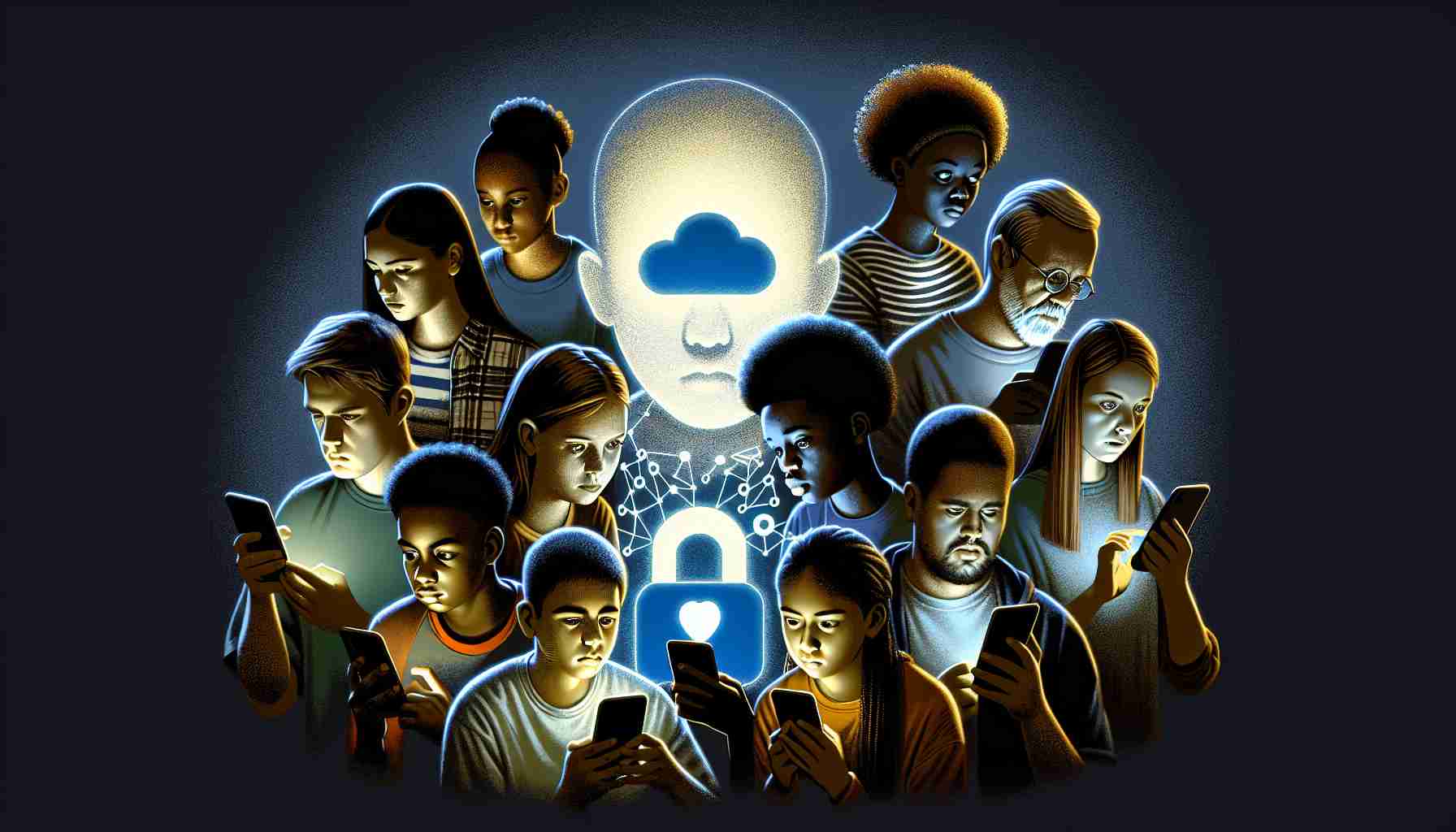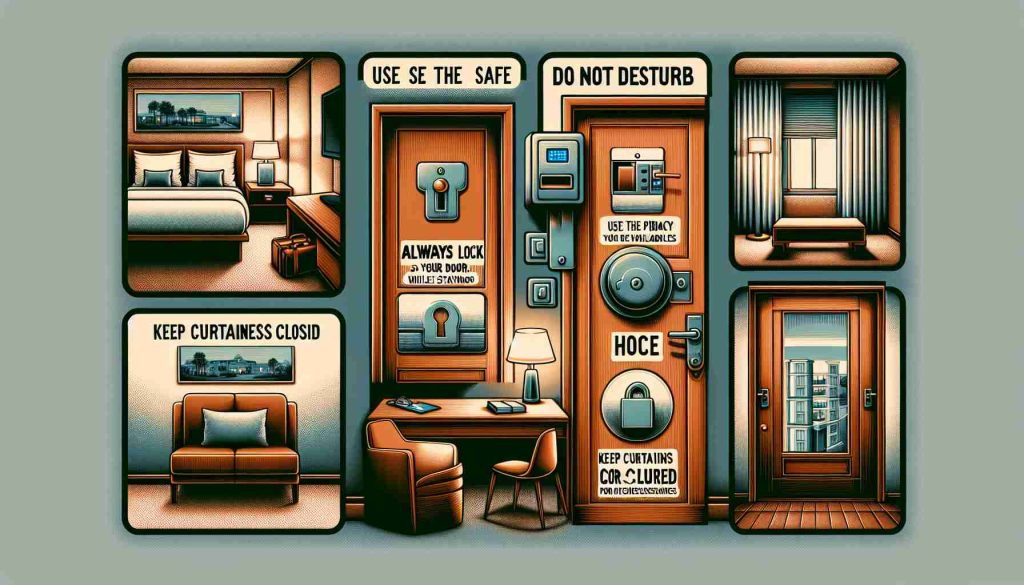A New Perspective on Teen Smartphone Usage
In a world where smartphones have become ubiquitous, parents are increasingly concerned about the effects of these devices on their children’s mental health. Contrary to popular belief, recent research suggests that delaying smartphone use among teenagers may have a positive impact on their well-being.
The Debate Continues
A study conducted by Sapien Labs involving nearly 28,000 young adults aged 18 to 24 from 41 countries revealed that individuals who received their first smartphone at a younger age reported higher levels of distress and feelings of depression. This finding challenges the conventional wisdom that smartphones are essential for staying connected in today’s digital age.
An Alternative Approach
Leading researcher Zak Raush advocates for delaying smartphone access for teenagers until they reach high school, around the age of 14. Raush emphasizes the importance of protecting adolescents during their formative years, particularly between ages 12 and 13, when they are most vulnerable to peer pressure and bullying. By limiting smartphone use during this critical period, parents can help mitigate the risks associated with early device exposure.
Redefining Norms
Raush acknowledges that setting an arbitrary age limit for smartphone use may be controversial but underscores the importance of establishing collective guidelines that parents can rally behind. By promoting a culture of delayed smartphone adoption, families can work together to safeguard their children’s mental well-being and foster healthier digital habits.
A New Paradigm
In light of emerging research on the detrimental effects of blue light exposure from smartphones on melatonin levels, a shift towards mindful smartphone usage has never been more crucial. Teenagers, who are particularly susceptible to disruptions in their sleep patterns, may benefit from limiting screen time before bedtime to improve their overall sleep quality.
Overall, revisiting the norms surrounding smartphone use among teenagers can lead to a more mindful and balanced approach that prioritizes mental health and well-being in an increasingly digital world.
The Impact of Smartphones on Teenagers’ Mental Health: Exploring Unspoken Realities
In the ongoing discourse surrounding teenagers’ smartphone usage and its effect on mental health, several crucial factors often go unaddressed. Let’s delve deeper into some lesser-known aspects of this pressing issue.
Key Questions and Answers
1. What are the lesser-known impacts of excessive smartphone use on teenagers?
Recent studies have linked prolonged smartphone usage to heightened levels of anxiety and social isolation among teenagers. Excessive screen time can also lead to decreased face-to-face interactions, impacting social skills development.
2. How do smartphones contribute to cyberbullying incidents among teenagers?
Smartphones provide a platform for cyberbullying, with teenagers facing harassment, threats, or exclusion online. The anonymity that digital communication offers can exacerbate the negative effects of such behavior on mental health.
Challenges and Controversies
One of the primary challenges associated with addressing the impact of smartphones on teenagers’ mental health lies in striking a balance between leveraging technology for educational and social purposes while mitigating its potential risks. Controversies arise concerning the role of parents, schools, and tech companies in regulating smartphone use and promoting digital well-being.
Advantages and Disadvantages
On one hand, smartphones provide teenagers with access to a wealth of information, communication tools, and entertainment options. They can facilitate learning, creativity, and connectivity. However, the constant connectivity and presence of smartphones in teenagers’ lives can also lead to addiction, distraction, and a skewed sense of self based on social media portrayals.
Suggested Related Links
For further insights into this complex topic, you may find valuable information on the HealthyChildren.org website, which offers resources on digital health and wellness for adolescents and parents alike.
As we navigate the evolving landscape of smartphone usage among teenagers, it is imperative to consider these additional nuances and perspectives to address the multifaceted impact on mental well-being effectively. By fostering dialogue, awareness, and informed decision-making, we can strive towards a healthier digital environment for the next generation.























